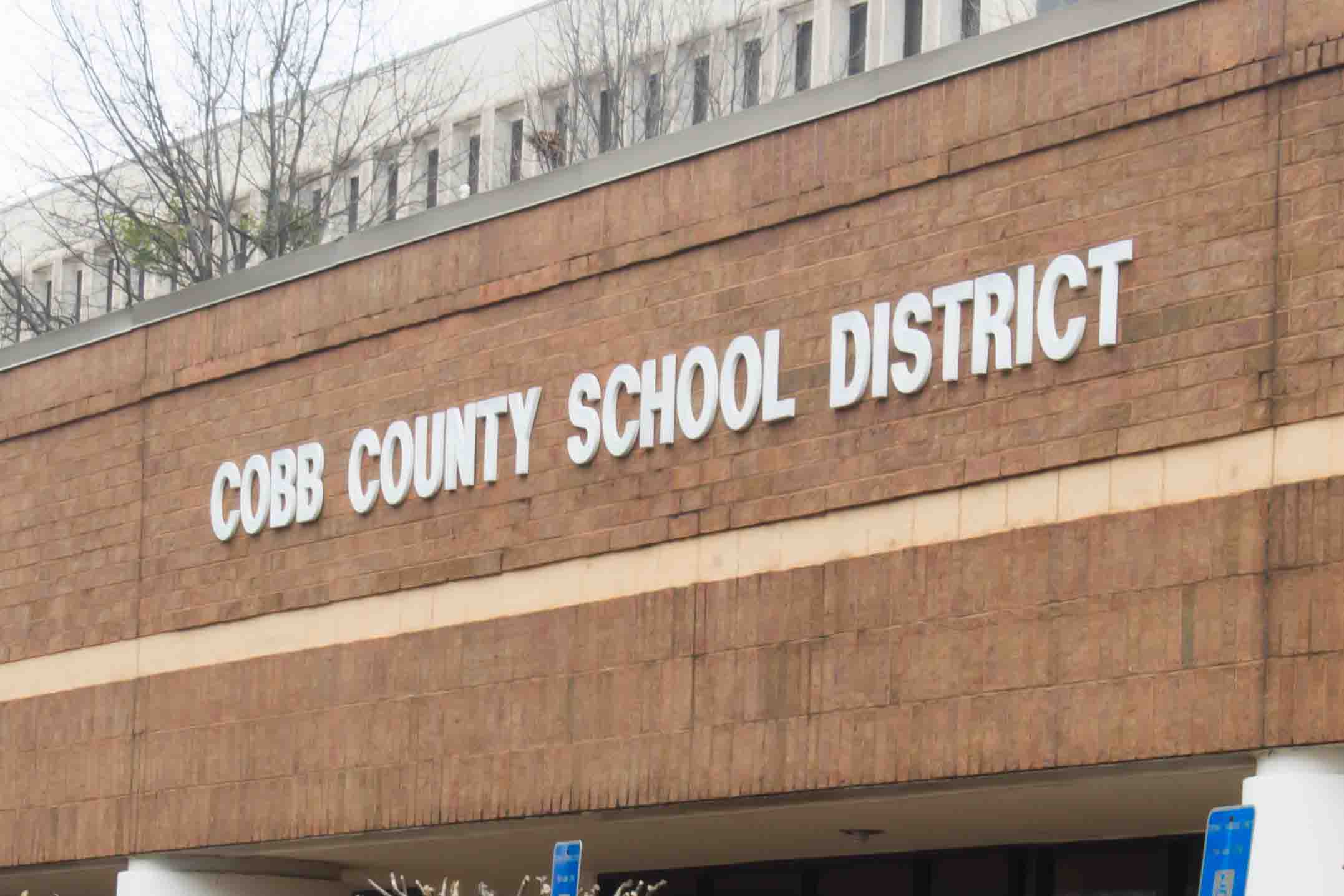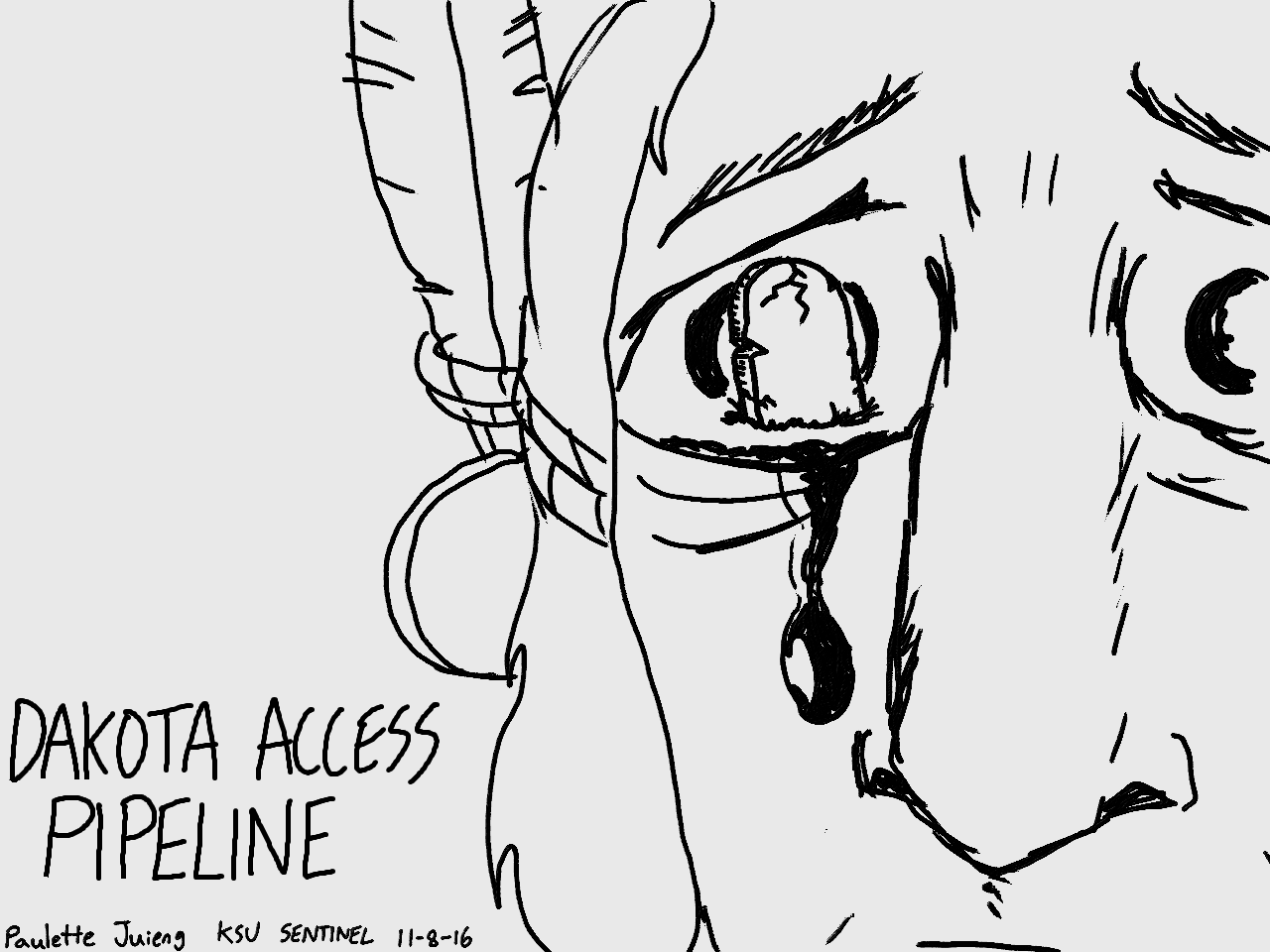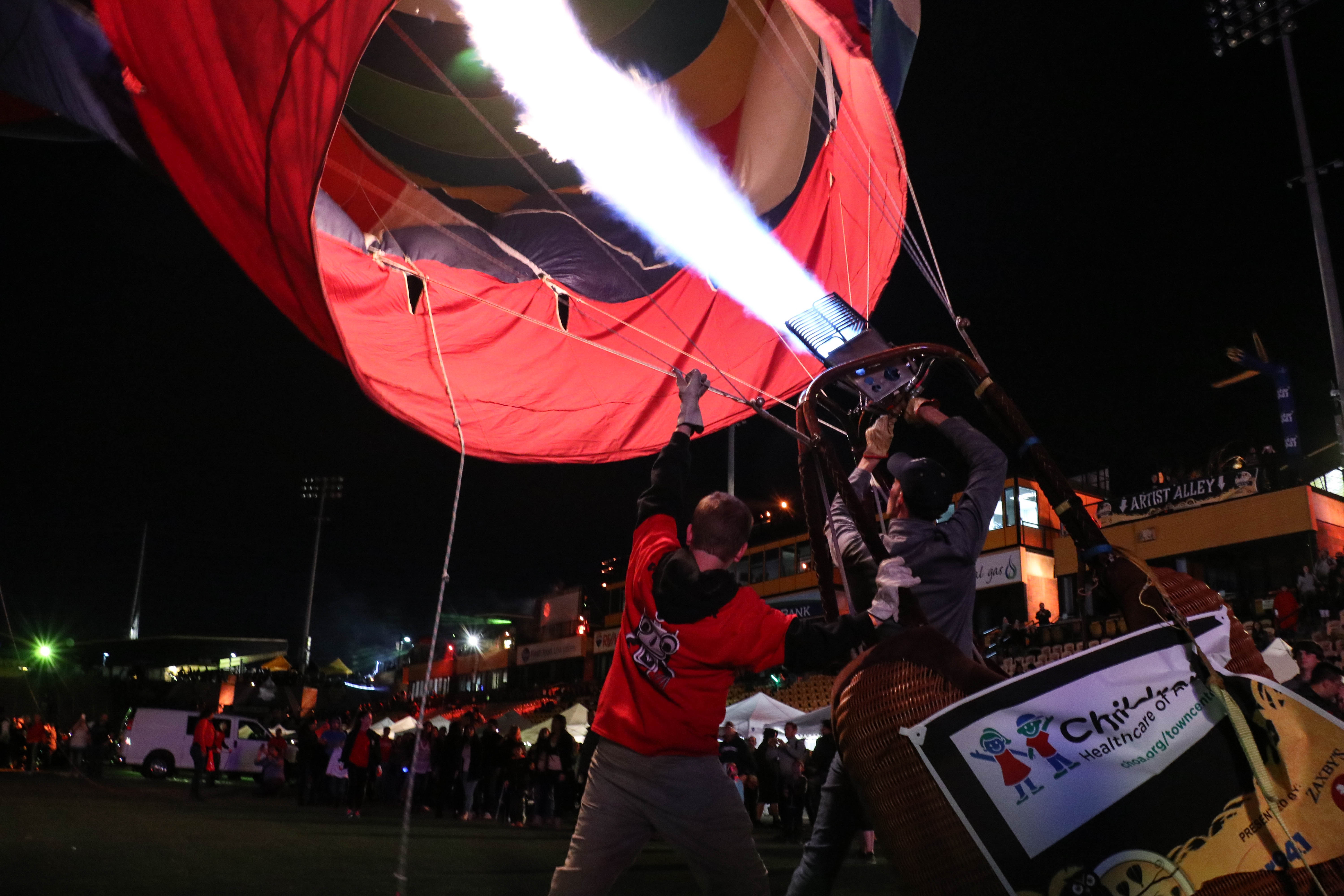High school students who choose to participate in walkout protests should expect to face the consequences and choose another method to protest the Parkland shooting.
The recent shooting in Parkland, Florida, has sparked a national debate on gun control and the right of individuals to keep and bear arms. Some of the students who survived the unfathomable travesty at Marjory Stoneman Douglas High School have stepped into the political spotlight to push for increased regulation and restriction of firearms. Middle and high school students across the nation have followed suit, staging “walkout” protests to demand action.
In response to these protests, many districts, including Cobb County, have warned that students who disrupt the flow of normal school activities or willfully refuse to attend classes will face consequences, including suspension. Given the explicit warning, students should expect to face repercussions if they choose not to abide by the rules.
The educational system is where young people go to learn how to integrate into society and become productive, upwardly mobile members of the workforce. It is crucial that schools take the time to teach certain valuable life lessons in that controlled environment — otherwise, students could enter the workforce and learn those lessons the hard way.
Student walkouts negatively and unfairly impact students who choose not to express their political beliefs at school, and they antagonize people who disagree with the expressed political viewpoint. Beyond that, it is a remarkably juvenile tactic — you do not get what you want simply by demanding it.
Children are taught from a young age that throwing tantrums does nothing but harden the opposition to your cause and often leads to punishment. Adults use words, civil discourse and mutual concession to achieve a desired end result. Institutional and systemic change does not occur overnight, and it certainly does not come about because someone wants to “demand action.”
There are numerous alternatives to staging a walkout protest that do not create a disruption during the school day. These students could achieve publicity by taking the time before and after school hours to picket and protest. They could solicit signatures for petitions, write letters to their representatives, start social media campaigns or even engage in door-to-door canvassing to start a conversation on violence in schools. They could even boycott extracurricular activities, such as scholastic sporting events.
In addition to protecting religious freedoms and freedom of the press, the first amendment of the United States Constitution protects “the right of the people peaceably to assemble, and to petition the Government for a redress of grievances.” These students absolutely have the right to protest and exercise their freedom of speech, and while I unequivocally disagree with their methods, I commend them for being politically active at a young age.
David Cole’s book “Engines of Liberty” makes the point that activism has been the core of constitutional and social change in the U.S. since it’s inception. The Suffrage Movement, The Civil Rights Movement and Marriage Equality all began as grassroots campaigns and have served to shape our identity as a nation today. But the common denominator between all of these movements is that they took time, patience and perseverance.



